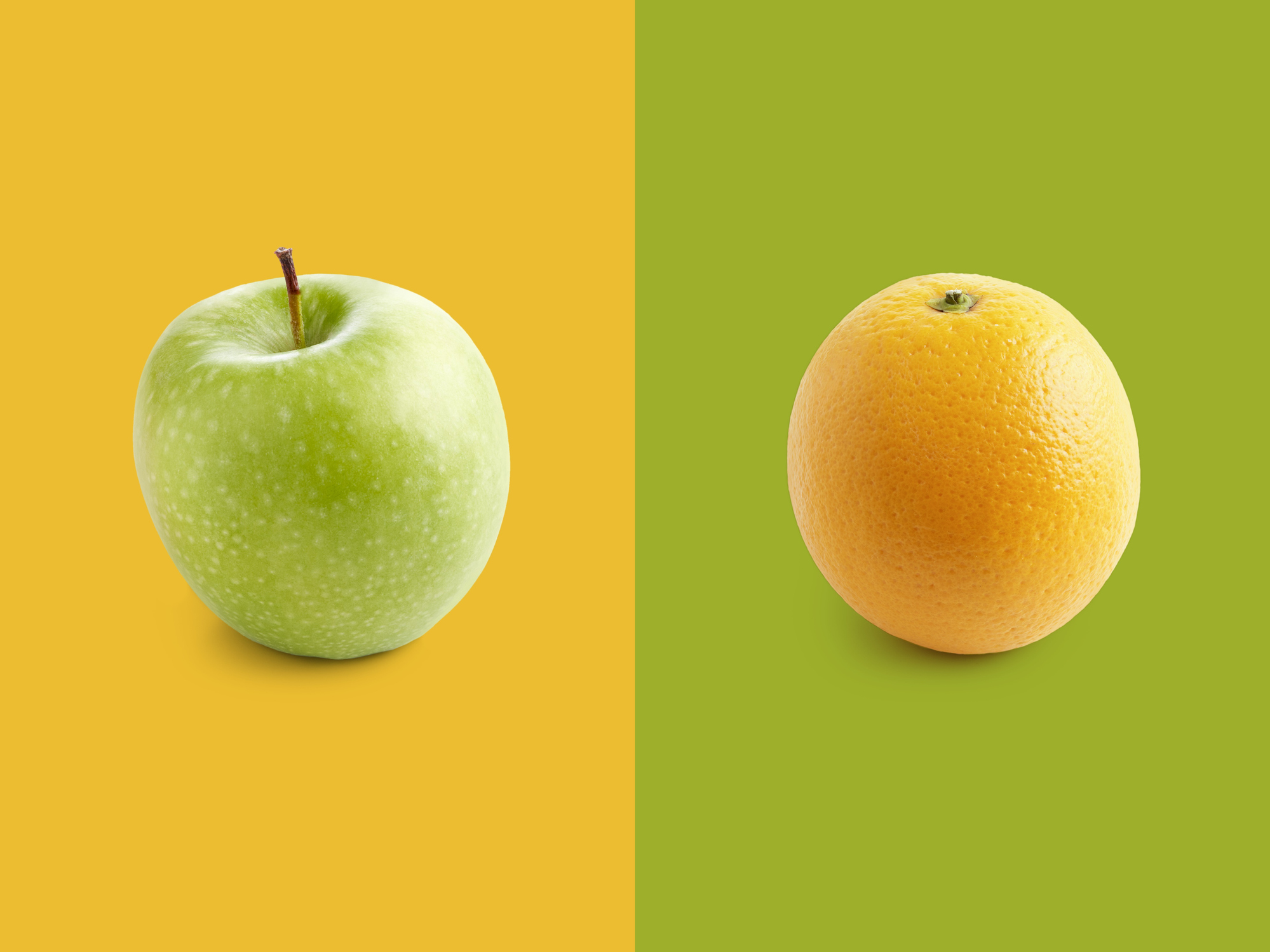To get a roundup of TechCrunch’s biggest and most important stories delivered to your inbox every day at 3 p.m. PST, subscribe here.
Did you know you can buy 3D printed key caps to replace, say, your escape key with a cat? Today, that’s our delightful little morsel of whimsy, courtesy of Frederic’s review of a new keyboard (scroll all the way to the bottom for a photo of the adorable little kitteh). — Christine and Haje
The TechCrunch Top 3
- Imitation is the sincerest form of flattery: Mike writes that Kittl is carving out a piece of the graphics world dominated by giants like Canva and Adobe, raising $11.6 million in Series A capital for its design platform that it says “easily turns ideas into graphic products” without the tough learning curve of other platforms.
- This startup is turning up the heat: European smart thermostat startup Tado was planning to go public, but instead went after another round of funding, gathering up $46.9 million as it pursues profitability. Paul has more.
- “It’s always crypto winter being a Black founder”: That’s how Iddris Sandu, Spatial Labs’ founder, described going after funding for his web3 company. The infrastructure and hardware company picked up $10 million in seed funding to create products and shopping experiences using augmented reality, Dominic-Madori writes.
Startups and VC
Fintech startup Stripe has set a 12-month deadline for itself to go public, either through a direct listing or by pursuing a transaction on the private market, such as a fundraising event and a tender offer, according to sources familiar with the matter. The news comes as a surprise considering the rather dry public market activity in the tech world, Mary Ann and Natasha M report.
There was a brief, beautiful moment for a few months in 2021 when it felt like robotic investments might be immune to broader market forces. We all fundamentally and implicitly understood this to not be the case, but it was a nice moment nevertheless, Brian muses. Now, however, it’s becoming clearer that the thing we thought was happening with robotic investments is definitely happening.
Another handful of tech-newsy goodness:
- Nebia finds a new home: Harri writes that Mark Cuban’s bidet brand buys shower startup that wooed Tim Cook.
- The dragon watching its hoard: NEA now manages over $25 billion in assets — oh, and it’s looking beyond venture, Natasha M reports.
- Them’s some meaty shroomies: Mushroom protein company Meati Foods opens ‘mega’ facility as it closes $22 million in new funding, Christine reports.
- Kenya in the lead: Annie reports that among the African VC market, Kenya’s growth was strongest. Clean tech and e-commerce pulled in most of the funding.
- This meeting may be recorded for transcription purposes: Supernormal raises $10 million to automatically transcribe and summarize meetings, Kyle reports.
Teach yourself growth marketing: How to perform growth experimentation through A/B testing

Image Credits: SCIENCE PHOTO LIBRARY (opens in a new window) / Getty Images
Despite the myth, sharks don’t need to keep swimming to keep breathing. Early-stage startups, on the other hand, are not so fortunate.
If driving growth is a priority, companies must run an ongoing series of A/B tests that can help refine marketing messages and make their product pipelines more relevant to customers’ needs.
In part three of a five-article series on growth marketing fundamentals, Jonathan Martinez explains how to properly manage A/B tests, identify statistical significance when reviewing data, and prioritize experiments that maximize reach and impact.
Three more from the TC+ team:
- Crypto cull comeback: Laid off from your crypto job? Here’s what founders are looking for in new talent, Jacquelyn writes.
- Elucidating European edtech: Smaller rounds and fewer deals, but more angel activity, writes Rhys.
- Predicting proptech: Investors predict slower growth in 2023, writes Karan.
TechCrunch+ is our membership program that helps founders and startup teams get ahead of the pack. You can sign up here. Use code “DC” for a 15% discount on an annual subscription!
Big Tech Inc.
In a census of its own making, GitHub says it has 100 million active users, Paul reports. This is a substantial jump from the 3 million it had 10 years ago and even a healthy increase from just three months ago when Microsoft, which acquired the company five years ago, announced GitHub had over 90 million users.
Meanwhile, law enforcement agencies in the United States and Europe got together to seize Hive’s ransomware infrastructure, including leak sites and decryption keys, Carly reports. She writes that Hive is “one of the most prolific ransomware operations,” focusing mainly on healthcare and public health entities, claiming responsibility for breaches at Illinois-based Memorial Health System in August 2021 and most recently targeting Tata Power, a top power-generation company in India, in October.
And we have four more for you:
- Pretty bird: Peacock reports over 20 million subscribers as of the fourth quarter, but its losses also widened, Lauren writes.
- Substack-ing new features: New features over at Substack include ‘private Substacks’ that readers can request to subscribe to, Aisha writes.
- Wally World infusion: Manish reports Walmart is going all in with another $2.5 billion investment in India’s e-commerce and payments markets.
- Have you shopped here?: Zack lists a number of overseas knock-off apparel stores that exposed 330,000 customer credit cards and other personal information.
Daily Crunch: Berlin-based design platform Kittl raises $11.6M Series A to take on Adobe and Canva by Christine Hall originally published on TechCrunch
from TechCrunch https://ift.tt/cRA6Mwg
via IFTTT
Comments
Post a Comment